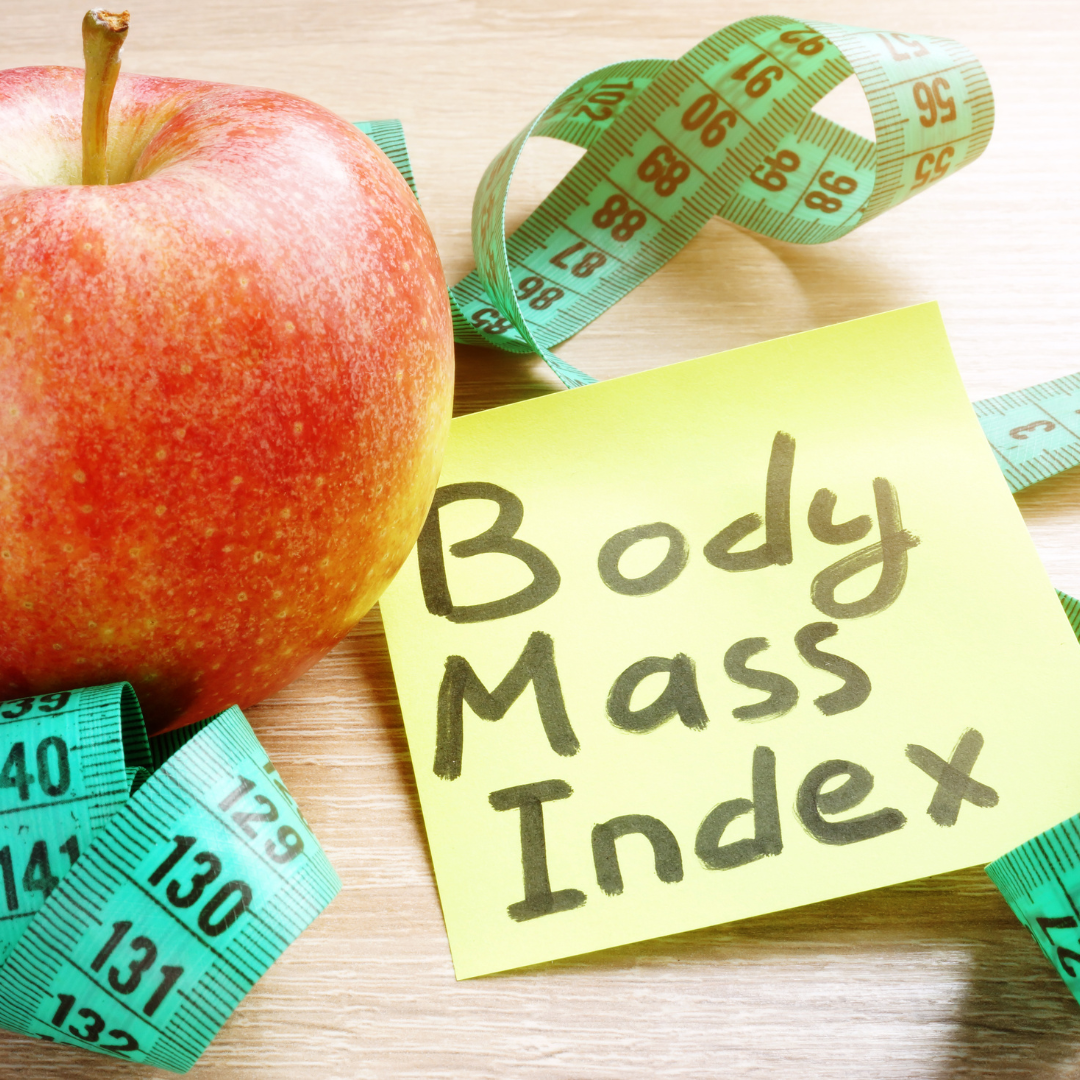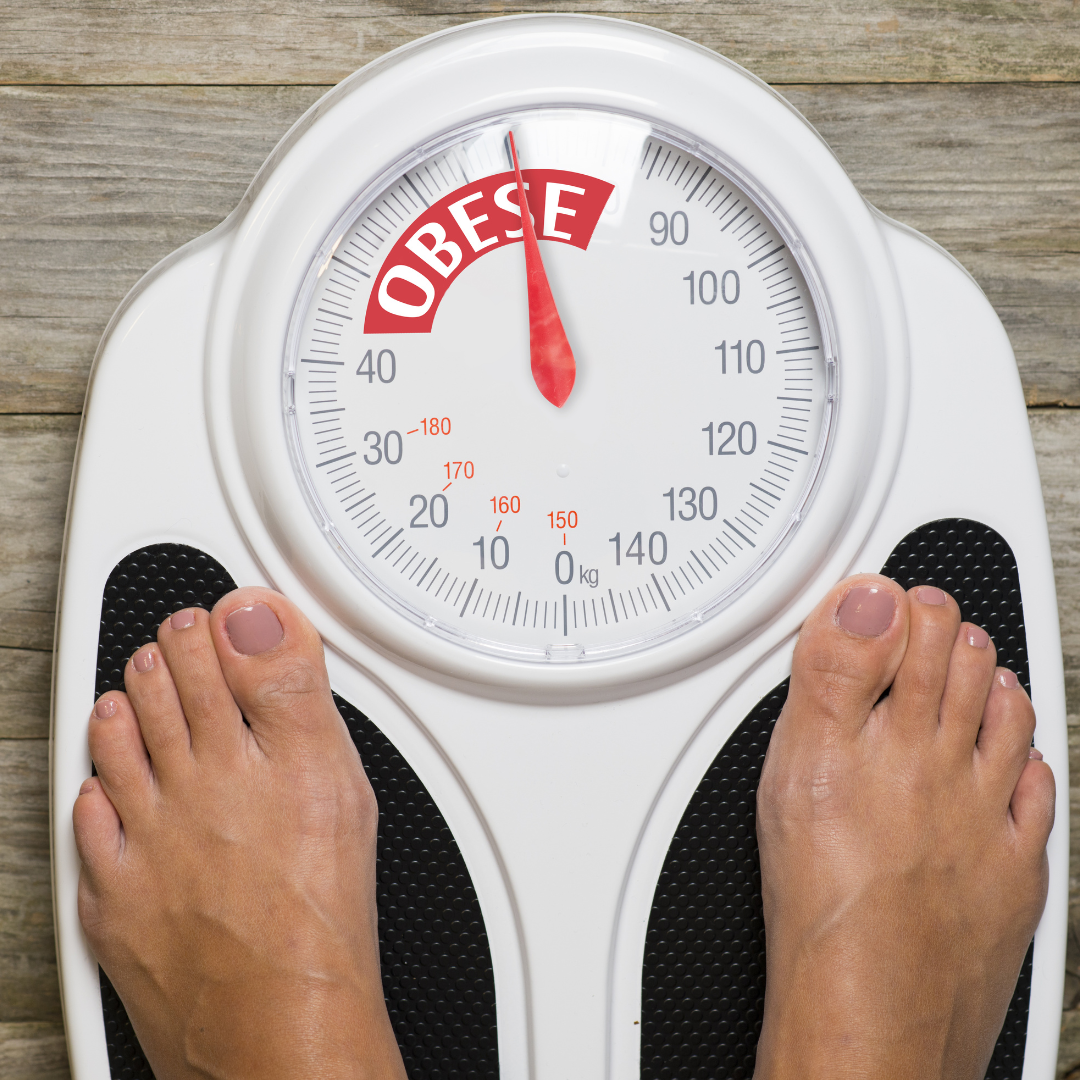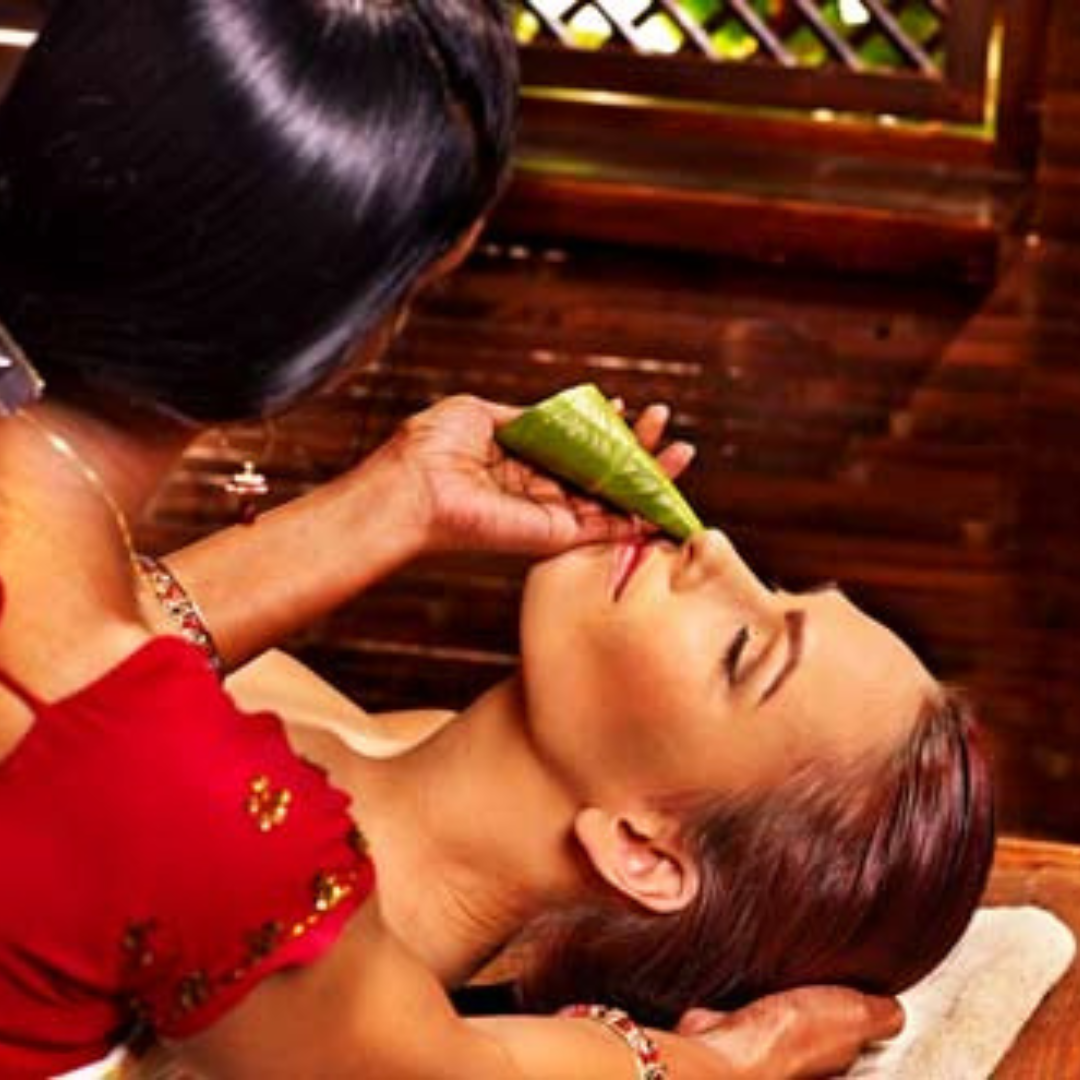Obesity Reversal

Obesity Reversal
In today's fast-paced world, both men and women face unique challenges in maintaining health and wellness. Obesity, a widespread health issue, affects individuals worldwide due to various factors such as hormonal changes, sedentary lifestyles, and unhealthy eating habits. Excessive body fat impacts not only physical appearance but also increases the risk of diabetes, heart disease, and other health complications. Ayurveda, the ancient Indian system of medicine, offers effective and natural solutions to combat obesity and manage related lifestyle diseases by identifying and addressing their root causes.
Root Causes (Nidanas) of Obesity
Obesity is a metabolic disorder typically resulting from an imbalance between energy intake and expenditure. It is particularly prevalent in affluent societies and is often associated with sedentary lifestyles and unhealthy dietary habits. In Ayurveda, the root causes of obesity include:
- Dietary Causes: Excessive consumption of energy-dense foods high in fat and carbohydrates.
- Behavioral Causes: Lack of physical activity, irregular food habits, and excessive daytime sleeping.
- Psychological Causes: Stress, anxiety, and other mental health issues.
- Miscellaneous Causes: Age, sex, genetics, endocrine disorders, medications (e.g., steroids, oral contraceptives), and improper administration of therapeutic measures.
Ayurveda categorizes obesity (Sthaulya) and excess fat tissue (Medovriddhi) as conditions resulting from an imbalance of the doshas, with Medovriddhi being the initial stage that can progress to Sthaulya if left unchecked.

The Ayurvedic Approach: Beyond BMI
Ayurveda emphasizes that each individual's body type (Prakriti) has unique traits, and a healthy Body Mass Index (BMI) range can vary accordingly. Instead of solely relying on BMI, Ayurvedic assessments focus on understanding one's body constitution (Vata, Pitta, Kapha) to develop personalized treatment plans. This holistic approach ensures that treatments are tailored to the specific needs and imbalances of each individual, promoting sustainable and effective weight management.

Root Causes (Nidanas) of Obesity
Obesity is a metabolic disorder typically resulting from an imbalance between energy intake and expenditure. It is particularly prevalent in affluent societies and is often associated with sedentary lifestyles and unhealthy dietary habits. In Ayurveda, the root causes of obesity include:
- Dietary Causes: Excessive consumption of energy-dense foods high in fat and carbohydrates.
- Behavioral Causes: Lack of physical activity, irregular food habits, and excessive daytime sleeping.
- Psychological Causes: Stress, anxiety, and other mental health issues.
- Miscellaneous Causes: Age, sex, genetics, endocrine disorders, medications (e.g., steroids, oral contraceptives), and improper administration of therapeutic measures.
Ayurveda categorizes obesity (Sthaulya) and excess fat tissue (Medovriddhi) as conditions resulting from an imbalance of the doshas, with Medovriddhi being the initial stage that can progress to Sthaulya if left unchecked.

Panchakarma (Shodhan) Therapies at Kiaan Ayurveda
Panchakarma is a cornerstone of Ayurvedic treatment, focusing on detoxification and rejuvenation to balance the doshas and improve overall health. At Kiaan Ayurveda, the following Panchakarma therapies are recommended for managing obesity:
- Vaman (Therapeutic Emesis): Induces vomiting to cleanse the upper digestive tract.
- Virechan (Therapeutic Purgation): Cleanses the lower digestive tract through purgation.
- Lekhan Vasti (Medicated Enema): Administers medicated enemas to cleanse the colon.
These therapies help eliminate toxins (Ama) from the body, reduce excess fat, and restore balance to the doshas.

Palliative (Shamana) Methods of Treatment at Kiaan Ayurveda
Alongside Panchakarma, Kiaan Ayurveda offers palliative treatments to manage obesity through natural and holistic approaches. These include:
- Langhan (Fasting): Controlled fasting to enhance metabolism and burn excess fat.
- Ama Pachan: Use of digestive herbs to improve metabolism and reduce fat.
- Ruksha Udwartan (Dry Medicated Powder Massage): Stimulates circulation and aids in fat reduction.
- Herbal Remedies: Use of single herbs like Guduchi, Vidanga, Musta, Sunthi, Amla, Vaca, and compound formulations like Trikatu, Navak Guggulu, Triphala Guggulu, Vidangadi Churna, Takrarishta, and Arogya Vardhini Vati to manage weight and improve overall health.

Do's
Diet:
- Consume low-fat, low-calorie foods.
- Include high-protein foods to stay fuller for longer.
- Prefer steamed, boiled, or baked vegetables over fried ones.
- Eat frequent small meals to avoid cravings.
- Drink skimmed milk and warm water.
- Incorporate healthy foods like oatmeal, walnuts, salads, bitter gourd, drumstick, barley, wheat, green gram, honey, Indian gooseberry, pomegranate, and skimmed buttermilk.
- Use lemon in diet and drinks.
Physical Activity:
- Engage in mild to moderate exercise according to individual capacity.
- Develop a regular habit of brisk morning walks for at least 30 minutes.
- Practice yoga and meditation to manage stress and promote mental clarity.
Do's and Don'ts (Pathya-Apathya) in Obesity Management
Maintaining a healthy lifestyle is crucial for managing obesity. Kiaan Ayurveda provides the following guidelines:

Don'ts
Diet:
- Avoid high-carbohydrate vegetables like potatoes and rice.
- Limit sugary or sweet products, excessive dairy products, fried and oily foods, fast foods, and excessive salt.
Lifestyle:
- Avoid sedentary habits and excessive sleep.
- Refrain from watching TV while eating.
- Avoid alcohol and smoking.
Kiaan Ayurveda
Online Ayurvedic Consultation
Share

Contact form
Premature Wrinkling
Premature wrinkling of the skin is a common concern, especially in modern lifestyles characterized by stress, inadequate diet, and environmental factors. In Ayurveda, premature wrinkling is primarily attributed to an imbalance in Vata dosha and depletion of Tejas (natural radiance and vitality of the skin).
Causes of Premature Wrinkling:
- Dietary Factors: Consuming dry, raw, and fat-free foods can aggravate Vata dosha, leading to dryness and depletion of essential nutrients required for skin health. Poor nutrition and dehydration can also contribute to premature aging of the skin.
- Lifestyle: Vata-aggravating lifestyles such as irregular daily routines, excessive physical and mental exertion, and lack of proper rest can disturb the balance of doshas and affect skin health.
- Environmental Factors: Exposure to harsh weather conditions, pollutants, and harmful UV radiation can accelerate skin aging and lead to premature wrinkling.
- Ayurvedic Perspective: According to Ayurveda, premature wrinkling indicates an imbalance in Vata dosha along with Bhrajaka Pitta, which governs skin health. This imbalance causes a depletion of Tejas, resulting in loss of skin elasticity, collagen, and natural hydration.
Ayurvedic Management of Premature Wrinkling:
- Rejuvenation Therapies (Rasayana Chikitsa): Ayurvedic rejuvenation therapies aim to nourish the skin, enhance Tejas, and restore its natural texture and vitality. These therapies may include Abhyanga (Ayurvedic oil massage), Shirodhara (oil pouring therapy), and Pinda Sweda (herbal bolus massage).
- Rasayana Therapy: Rasayana herbs and formulations rich in antioxidants, vitamins, and minerals are prescribed to rejuvenate the skin cells, improve collagen production, and enhance skin elasticity. Examples include Amla (Indian Gooseberry), Ashwagandha (Withania somnifera), and Shatavari (Asparagus racemosus).
- Medical Leech Therapy: In Ayurveda, medical leech therapy (Jalaukavacharana) is sometimes used for its detoxifying properties and ability to improve blood circulation to the skin. This therapy is known to effectively reduce wrinkles and enhance skin tone.
- Dietary Recommendations: A diet rich in fresh fruits, vegetables, whole grains, and healthy fats nourishes the skin from within. Avoiding processed, dry, and excessively spicy foods is advised to maintain skin hydration and health.
- Lifestyle Modifications: Establishing a regular daily routine that includes adequate sleep, stress management techniques (such as yoga and meditation), and protection from environmental toxins and UV radiation supports overall skin health.
- Hydration: Proper hydration is crucial for maintaining skin elasticity and preventing dryness. Drinking an adequate amount of water and using natural moisturizers can help in retaining skin moisture.
Conclusion:
Premature wrinkling of the skin can be effectively managed and prevented with a holistic approach that combines Ayurvedic therapies, dietary adjustments, lifestyle modifications, and appropriate skin care practices. Consulting with an experienced Ayurvedic practitioner can provide personalized recommendations based on individual constitution (Prakriti) and specific skin concerns, ensuring long-term skin health and vitality.

